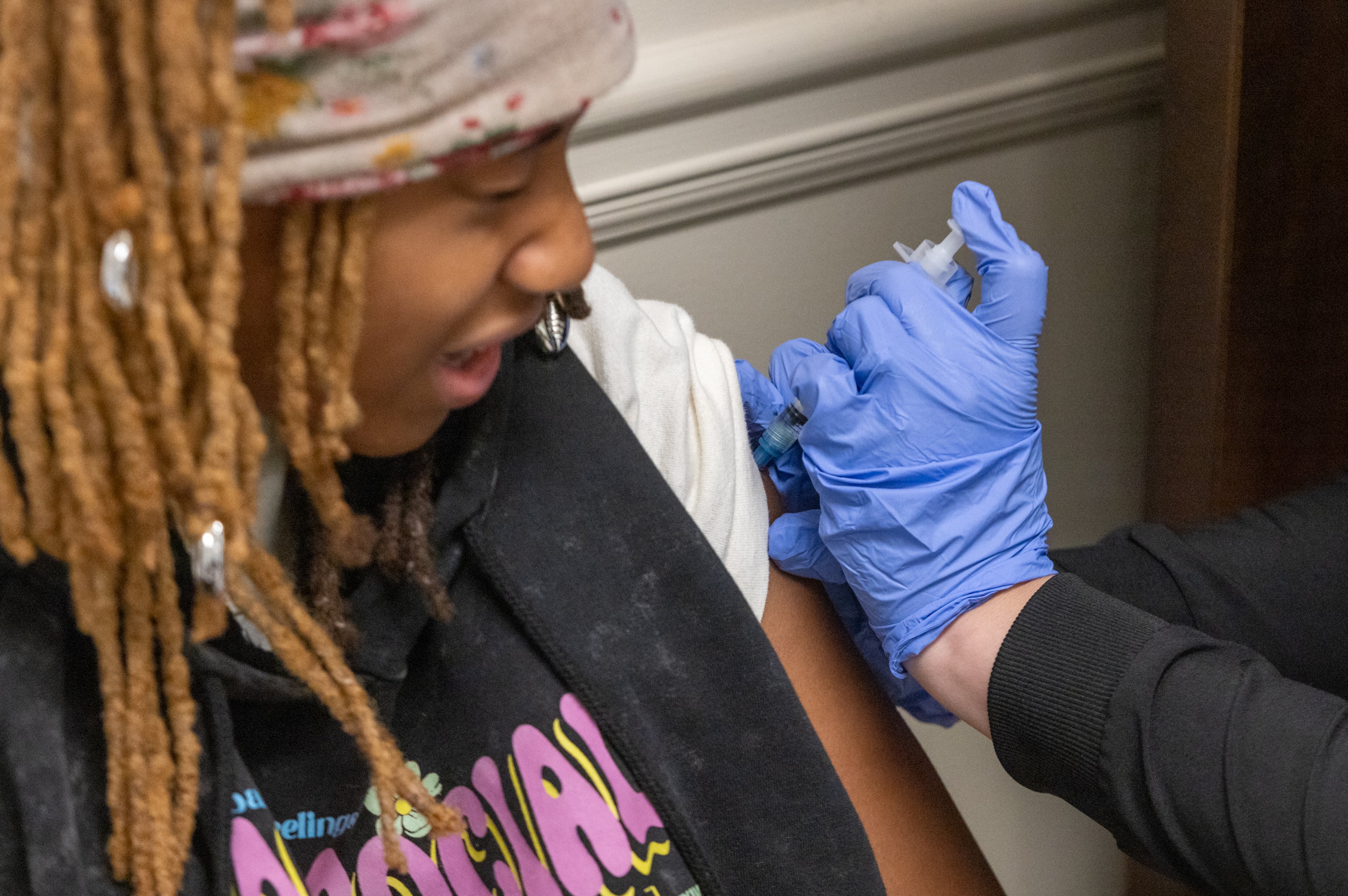Atlanta schools cut music teachers

The Atlanta school district has eliminated dozens of music teacher positions for the coming school year. That means many students will see cuts and changes in elementary school bands and orchestras when they head back to school.
And it continues a downward trend nationally in arts instruction and puts Atlanta on par with many other schools in Georgia and the nation.
Some evidence suggests that African-American, Hispanic and low-income students are even less likely to take arts classes in schools than other students. Atlanta's cuts could exacerbate those disparities, as music offerings will now vary significantly from school to school.
Atlanta had been one of a relatively small number of districts offering elementary band and orchestra, Georgia Music Educators Association Executive Director Cecil Wilder said. Fulton County cut elementary band and orchestra in 2010, despite protests from parents and students.
The Atlanta school board voted in May to eliminate approximately 25 band and orchestra teaching positions, most of them at the elementary level. District officials later revised that number: District spokesman James Malone told the Atlanta Journal-Constitution about 18 positions would be cut.
All elementary schools will continue to have weekly general music instruction, which includes chorus and a general introduction to musical instruments, Malone said. But twice-weekly band and orchestra classes will no longer be a given. Some schools may cut band and orchestra entirely. Others may offer privately funded before- or after-school instruction or ask their general music teachers to offer additional instruction.
Parent Dawn Brockington-Shaw said she was not comfortable with cuts in music programming, even though her local schools will not see cuts.
“If I had a magic wand, my wish would be that all kids get the same exposure to fine arts,” she said.
Georgia schools are not required to offer a minimum number of hours of music or art instruction.
Atlanta expects to hire about the same number of teachers this year as last — about 3,150. But this year principals were told they could choose how to “spend” part of their teacher allotment. That’s different from past years.
Associate superintendent David White, who oversees elementary schools in three “clusters,” said principals in the elementary, middle and high schools that make up each school cluster planned their budgets together.
“In communities where there is a robust interest in band, it is unlikely that the principal chose to eliminate band altogether,” he said. In others, schools may have eliminated band or orchestra “because of a lack of interest or involvement.”
Principals in the Therrell cluster in southwest Atlanta, for example, decided to use the new budget flexibility to offer more foreign- language instruction, White said. That’s in line with the cluster’s likely shift to an International Baccalaureate model, which requires foreign-language classes, he said.
Farther north, schools in the Grady cluster are planning to focus on a college-preparatory curriculum with a focus on the arts. They decided to hire a shared band and orchestra teacher, White said.
Erica Long’s son is in first grade at Perkerson Elementary School. Under the job cuts approved in May, Perkerson was set to lose part-time band and orchestra teachers. Long isn’t panicking. She said a private foundation runs an after-school music program at the school.
“I am a fan of music and the arts. I understand their correlation to student achievement,” she said. “But I don’t think that our children are going to be left completely without music and art instruction.”
But Carver student Raven McQueen, a rising senior, remembers her elementary school music classes. And music classes are what keep some of her friends coming to school today.
“It starts while you’re young,” she said. “If they take [music] out of the school now, it’s like taking away their creativity.”

